
VLC will soon be able to use AI to generate subtitles for any video
VLC Media Player remains one of the most popular video players, having just hit a staggering 6 billion downloads. But VideoLAN, the company behind the software, is not one to rest on its laurels as an exciting demonstration at CES shows.
One of the biggest features in the pipeline for the media player is automatic subtitles generation and translation based on local, open-source AI models. With subtitles being vital for a lot of people, and highly preferable for many, this use of artificial intelligence plugs an important gap in media accessibility.

Companies have to address the risks posed by GenAI
Even though it’s only been two years since the public demo of ChatGPT launched, popularizing the technology for the masses, generative AI technology has already had a profound and transformative effect on the world. In the years since the platform’s launch, critics have regularly pointed out the risks of generative AI and called for increased regulation to mitigate them. Once these risks are addressed, companies will be more free to use AI in ways that help their bottom line and the world as a whole.
We must remember that artificial intelligence is a powerful tool, and as the adage goes, “With great power comes great responsibility.” Although we have seen AI make a positive impact on society in several ways -- from boosting productivity in industrial settings to contributing to life-saving discoveries in the medical field -- we have also seen wrongdoers abuse the technology to cause harm.

Harnessing AI to drive team efficiency and optimize project management
As organizations strive for greater project management efficiency, AI can be a powerful tool to identify inefficiencies, anticipate risks, and improve decision-making. From content creation to data summarization, generative AI (GenAI) transforms how teams work by quickly creating valuable outputs with less effort. For example, a daily sprint report that might take a team member up to an hour to compile can be generated in seconds by AI that is trained to summarize data from multiple sources.
Over time, small efficiencies like these are multiplied, leading to extensive time savings across teams and organizations. By handling repetitive tasks, GenAI models give teams more time to focus on collaboration, strategic thinking, and creative problem-solving.
In large companies, particularly those with high staff turnover or matrixed, cross-functional teams, new team members often face a steep learning curve when adapting to the team’s specific tools and processes. By functioning as a copilot, an ever-present, always-patient expert on all things project management, GenAI can provide answers from both static documentation and real-time data. When getting up to speed in a new role, a manager could ask a GenAI copilot what is happening across a team that could, over time, negatively impact the projects they are working on. The feedback given can help address these issues, reduce the manager’s learning curve, and provide on-the-job training that delivers immediate, actionable insights.

Microsoft says 2025 is the year to ditch Windows 10 and embrace Windows 11
Every time January rolls around there are declarations that this will be the year of Linux on the desktop -- and of course, it never is. This year is no different, and Microsoft would much rather you consider 2025 to be the “year of the Windows 11 PC refresh”.
The company is using CES as a platform to encourage people who are still hanging on to Windows 10 to loosen their grip and move to Windows 11. The end of support for Windows 10 is being used as a stick, but the carrot is the new breed of AI-powered Copilot+ PCs. Microsoft is hoping that the artificial intelligence driven capabilities of this recently launched range of PCs will also encourage existing Windows 11 users to invest in new hardware.

Apple to issue iOS update to avoid AI-generated fake headline confusion
In what could be seen as a perfect demonstration of AI simply not being suitable for many of the things it is being used for, Apple upset the BBC recently after AI-generated headlines pushed fake news to iOS users.
Back in mid-December, the BBC complained to Apple about a headline from the iPhone-maker which stated that the murderer of healthcare insurance CEO Brian Thompson had completed suicide. While Apple said nothing in response at the time, the company has now revealed plans to change how AI-generated headlines are flagged to make the use of AI more apparent.

AI in life sciences and healthcare
The life sciences and healthcare industries have critical challenges to overcome in 2025. Costs in both are on the rise, forcing business leaders to seek out more efficient methods for developing and delivering new products and services. Additionally, consumer expectations are higher than ever, with patients and other clients looking for features that maximize convenience and accessibility.
To help with these challenges, industry leaders should consider the potential of artificial intelligence. AI has been transforming the business world by providing the power to automate, analyze, and increase efficiency in unprecedented ways. For life sciences and healthcare, AI provides the capability to gather and analyze data in a way that drives better outcomes and delivers better consumer experiences.
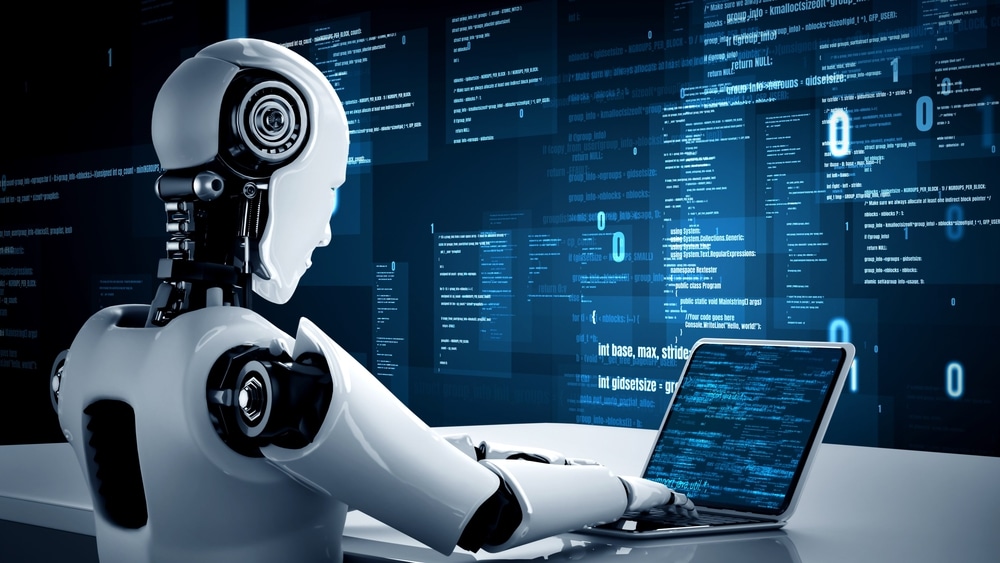
Coding in the age of AI: Redefining software development
As AI marks its stamp on every industry, the software development landscape is experiencing a rapid transformation driven by the integration of automation into coding practices. With approximately $1 billion invested in AI-driven code solutions since early 2022, we’re seeing a shift that goes far beyond just automation. This transformation is redefining the entire software development lifecycle and testing assumptions about what it means to be a developer.
It is clear, as we embark at the beginning of a new era, that the future of coding does not reside in opposing change, but in adapting our approaches to education and practice in software development.

The AI arms race: How machine learning is disrupting financial crime
The financial services industry is in the midst of an unprecedented AI arms race. Criminal organizations are getting smarter, using cutting-edge tech to launch elaborate attacks on financial systems. In response, financial institutions (FIs) are turning to AI and machine learning (ML) to level the playing field. That’s right -- FIs are keeping pace with their criminal counterparts, thwarting malicious activity much more reliably and efficiently.
Having spent my career at the intersection of finance and technology, I've seen the constant race to stay ahead of evolving criminal operations. Rules-based systems, while foundational, simply can't match the speed and adaptability of modern financial crime. But now, through advanced pattern detection, adaptive defense mechanisms, and dramatically improved accuracy in identifying suspicious activity, AI is fundamentally reshaping how we fight financial crime -- and winning.
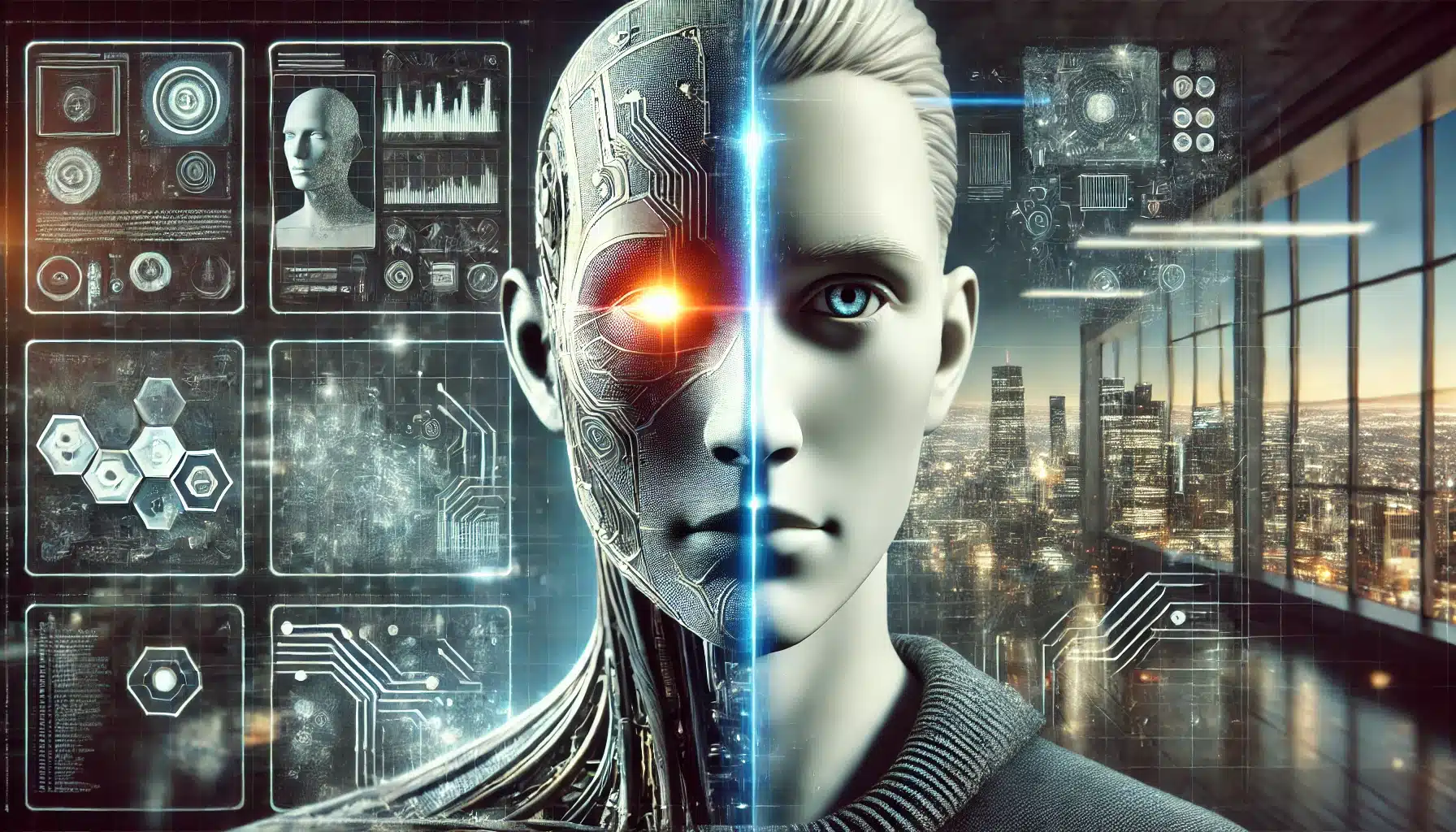
The dark side of AI: How automation is fueling identity theft
Automations empowered by artificial intelligence are reshaping the business landscape. They give companies the capability to connect with, guide, and care for customers in more efficient ways, resulting in streamlined processes that are less costly to support.
However, AI-powered automations also have a dark side. The same capabilities they provide for improving legitimate operations can also be used by criminals intent on identity theft. The rise of low-cost AI and its use in automations has empowered scammers to widen their nets and increase their effectiveness, leading to a drastic increase in identity theft scenarios.

Microsoft is pulling the Suggested Actions feature from Windows 11
Introduced a couple of years ago, the Suggested Actions feature of Windows 11 was designed to make life easier, simplifying dealing with information encountered on websites, in documents and so on. Now the feature is being ditched.
Microsoft introduced Suggested Actions as a productivity-enhancer that worked across all aspects of Windows. While the company has said nothing about why it is killing off what is ostensibly a useful tool, the answer can probably be summed up in two letters: AI.

Willow: Google reveals new quantum chip offering incomprehensibly fast processing
For all of the focus on AI, for many people, the future lives in quantum computing. Google is among those who agree, and the company has just unveiled its latest advancements in the field -- its quantum chip, Willow. Like quantum physics and quantum mechanics, the numbers and concepts involved in quantum computing are extraordinarily difficult to imagine.
Revealing its advancements, Google says that its quantum chip took less than five minutes to perform tasks that would take even the fastest supercomputers 10 septillion years. Providing some sense of perspective, Google points out that this is “a number that vastly exceeds the age of the Universe”. So what is it that makes Willow so special -- and so fast?
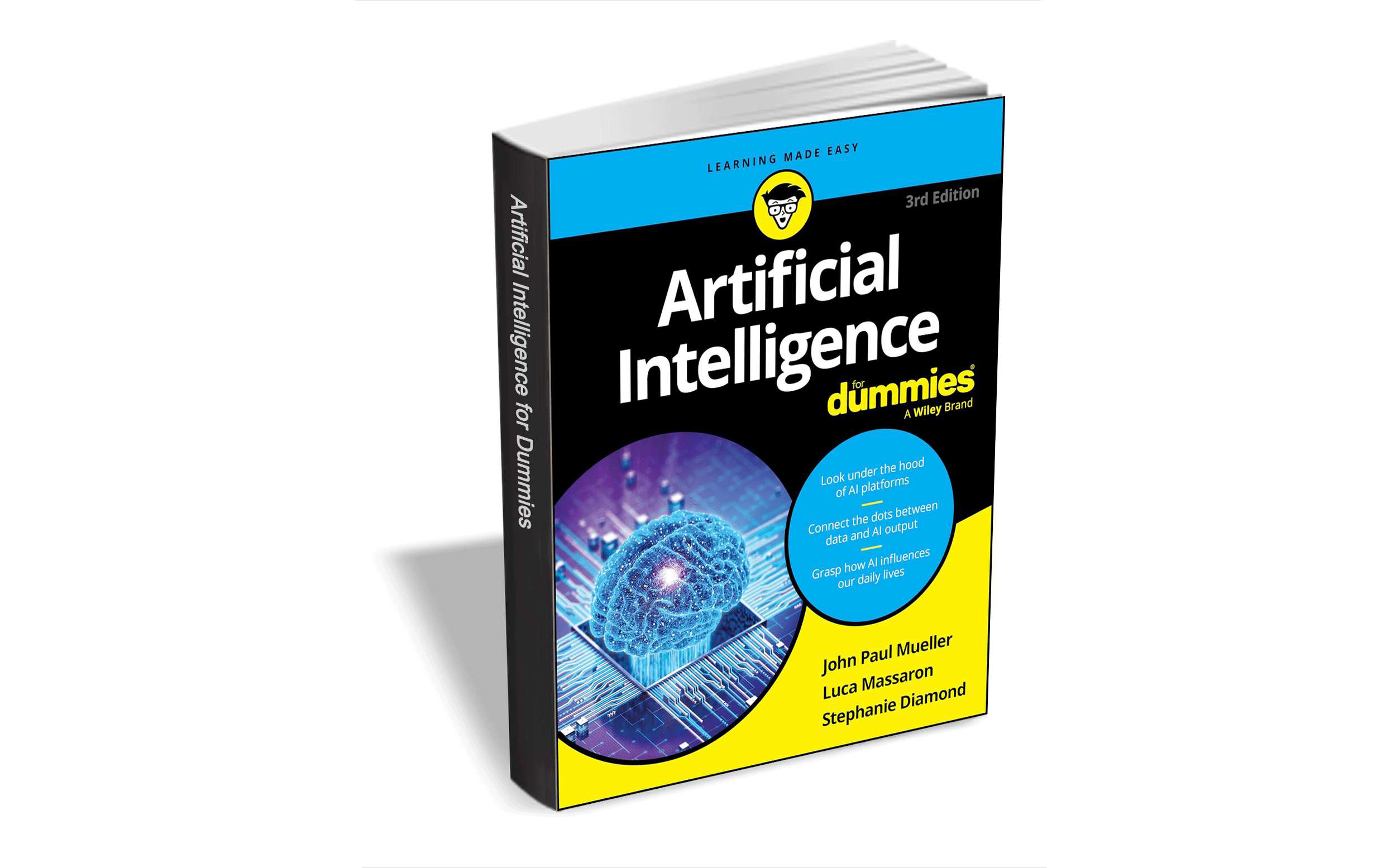
Save $18! Get 'Artificial Intelligence For Dummies, 3rd Edition' for FREE
Artificial intelligence is swiftly moving from a sci-fi future to a modern reality. This edition of Artificial Intelligence For Dummies keeps pace with the lighting-fast expansion of AI tools that are overhauling every corner of reality.
This book demystifies how artificial intelligence systems operate, giving you a look at the inner workings of AI and explaining the important role of data in creating intelligence. You'll get a primer on using AI in everyday life, and you'll also get a glimpse into possible AI-driven futures.
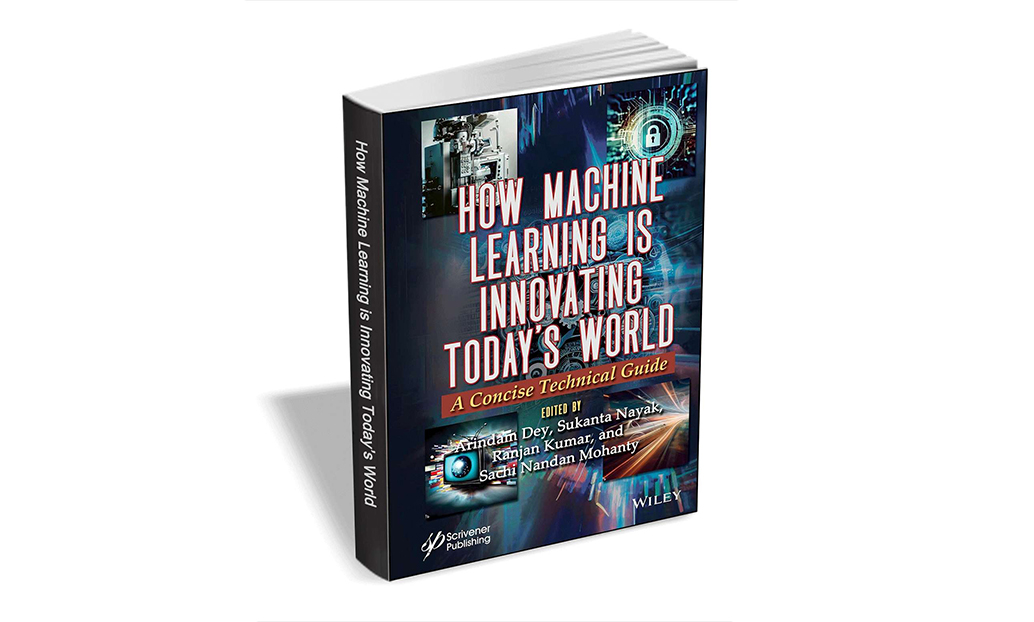
Save $180! Get 'How Machine Learning is Innovating Today's World' for FREE
How Machine Learning is Innovating Today's World provides a comprehensive understanding of the latest advancements and practical applications of machine learning techniques.
Machine learning (ML), a branch of artificial intelligence, has gained tremendous momentum in recent years, revolutionizing the way we analyze data, make predictions, and solve complex problems. As researchers and practitioners in the field, the editors of this book recognize the importance of disseminating knowledge and fostering collaboration to further advance this dynamic discipline.

Cyberwarfare 2025: The rise of AI weapons, zero-days, and state-sponsored chaos
As we approach 2025, the notion of warfare is increasingly shifting from the physical to the digital domain. Cyberwarfare, once considered a supplementary tool for traditional military operations, has now emerged as a primary weapon for nations seeking to assert dominance or inflict damage on their adversaries without the need for physical conflict. Simply put, it is easier, requires fewer resources, and can often cause maximum damage without sustained efforts. The rise of AI-driven cyber weapons, zero-day vulnerabilities, and state-sponsored cyberattacks is creating an unprecedented era of digital warfare.
Nation-states and rogue factions are rapidly integrating cyberattacks into their military arsenals, with cyber operations becoming a first-strike option in geopolitical conflicts. By targeting critical infrastructure -- such as energy grids, communication networks, transportation systems, and supply chains -- these attacks can cripple an entire national infrastructure and create mass chaos without a single physical shot being fired. This shift toward cyber warfare reduces the immediate risk of physical casualties, and in turn allows state actors to engage in asymmetric warfare, where a smaller, technologically advanced nation can punch well above its weight.
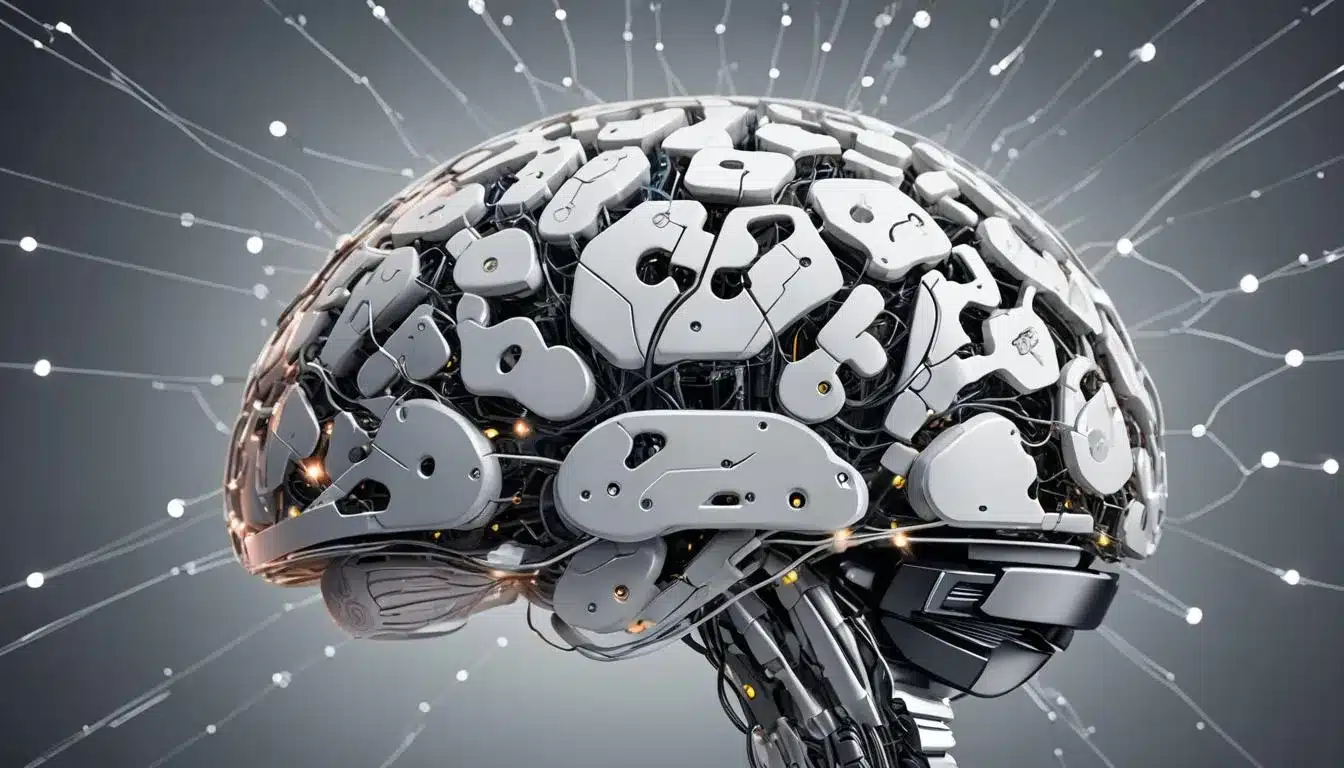
DeepMind dominates European AI research: What does this mean for researchers?
AI’s steady impact on the academic and research community is measurable through citation metrics, essentially showing how many times a study has directly influenced subsequent research. A recent analysis of AI-related citations showed beyond doubt the impact of AI. It also revealed another noteworthy statistic: Google’s DeepMind made up just under half of all AI-related citations from 2020-2024.
The company’s dominance is undoubtedly a testament to the importance of its work -- but it also serves as a starting point from which to probe further into the research landscape in Europe and how it’s been impacted by AI. Concentrated influences in academia and research can have long-lasting effects on funding distributions, channels of collaboration, and ultimately the potential for innovation. Add to this the powerful and relatively new tool of AI, and suddenly the future trajectory of scientific research on the continent looks a lot less clear.
